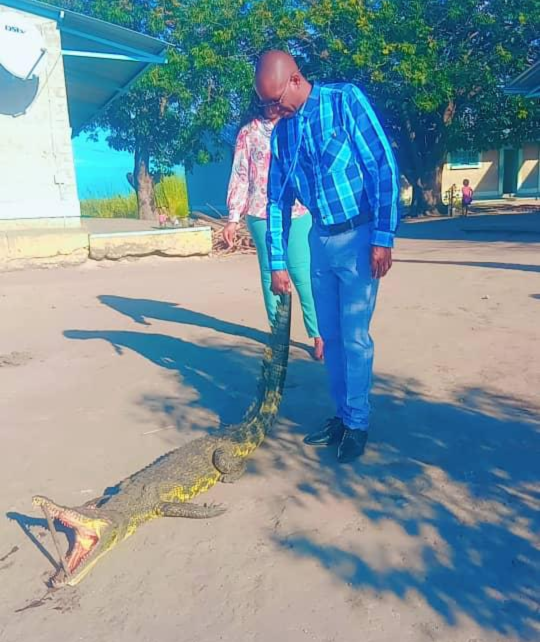IN the periodical Dendron [No 40, November 2008], published by the Dendrological Society of South Africa, I found the following report which I would like to bring to the urgent attention of everyone in Namibia:
‘Two University of Illinois researchers (Kuo and Sullivan) studied how well residents of the Chicago Robert Taylor Housing Project (the largest public housing development in the world) were doing in their lives, based on the amount of contact they had with trees, and came to the following conclusions:•Trees have the potential to reduce social service budgets, decrease police calls for domestic violence, strengthen urban communities, and decrease the incidence of child abuse according to the study. Chicago officials heard that message last year. The city government spent $10 million to plant 20 000 trees, a decision influenced by Kuo and Sullivan’s research, according to the Chicago Tribune.•Residents who live near trees have significantly better relations with and stronger ties to their neighbours.•Researchers found fewer reports of physical violence in homes that had trees outside the buildings. Of the residents interviewed, 14% of residents living in barren conditions have threatened to use a knife or gun against their children versus only 3% for residents living in green conditions.•Studies have shown that hospital patients with a view of trees out of their windows recover much faster and with fewer complications than similar patients without such views.•A Texas A & M study indicates that trees help create relaxation and well-being.•A US Department of Energy study reports that trees reduce noise pollution by acting as a buffer and absorbing 50% of urban noise.National Arbour Day will be celebrated on 9 October – plant as many trees as you can!It would be best to plant indigenous trees. Seedlings of indigenous trees are available from the forestry nurseries at Okahandja [call Andries at 081 260 7864] and Grootfontein [Tel: Charles 081294 5778]. Seedlings are N$8 each and Okahandja will transport them to the forestry office in Windhoek Government Park for free. During the rainy season, watch out for any tree seedlings that come up on your property, on the sidewalk or any other space. Nurture such seedlings – they have already established a root system before they become recognisable above ground.Of course the question of water arises. Collect all domestic water without fat or too much soap or detergents and use it to water your young trees. Plant trees at places where run-off water from roofs collects. Construct half-moon shaped retaining walls of stones, gravel etc to interrupt the run-off from sloped areas and plant trees there. Construct these walls in such a way that any overflow will benefit the next tree at a lower level. Once established, trees indigenous to your area will survive on rain, although they will grow faster if they can receive some additional water.If you need firewood, do not cut down a whole tree, rather only cut off some of its branches and they will grow again during the next favourable rainy season.Luise HoffmannWindhoek
Stay informed with The Namibian – your source for credible journalism. Get in-depth reporting and opinions for
only N$85 a month. Invest in journalism, invest in democracy –
Subscribe Now!










